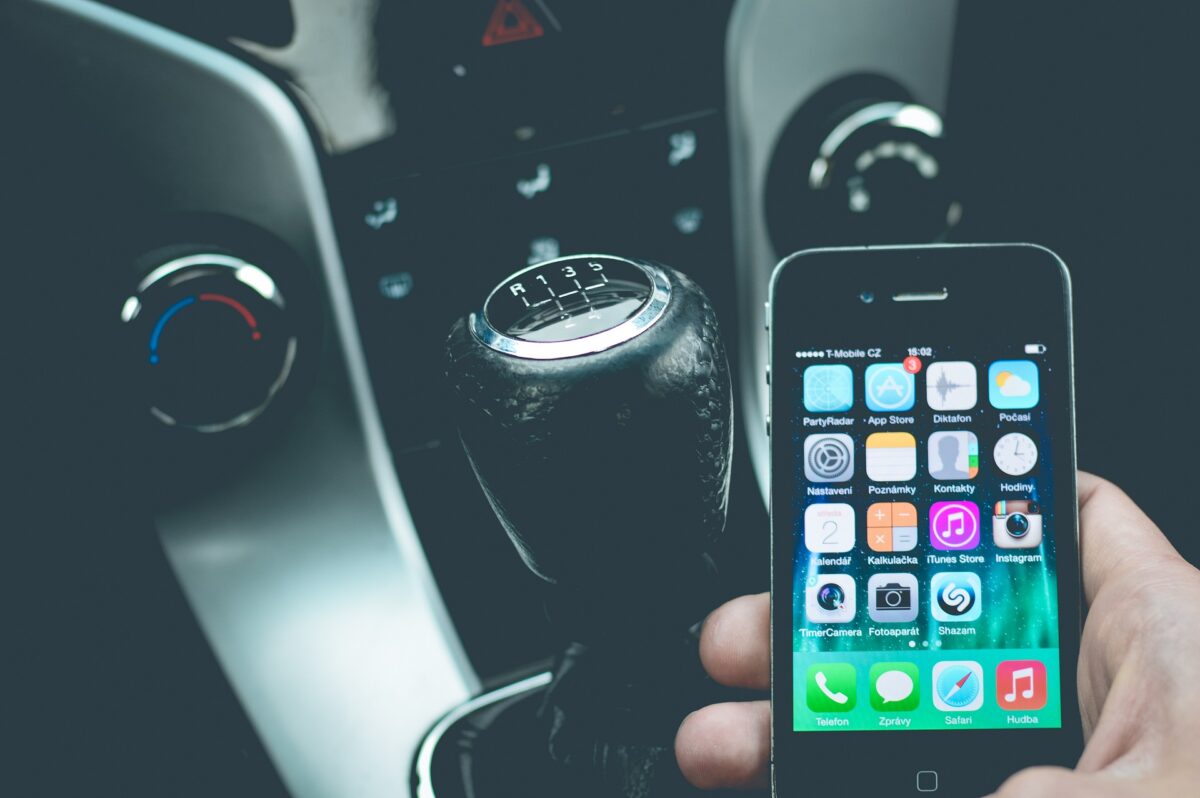Florida’s laws concerning the use of cell phones while driving are designed to improve safety on the roads by reducing distractions. As with many states, Florida has recognized the dangers of texting and driving, as well as the risks associated with other forms of cell phone use while behind the wheel. The state has implemented several laws to curb these behaviors and promote safer driving. Below, we will discuss the key aspects of Florida’s cell phone laws, their impact, and the exceptions that exist.

Texting While Driving: The Ban
One of the most significant aspects of Florida’s cell phone laws is the ban on texting while driving. This law was implemented to curb the rising number of accidents caused by distracted driving. Under Florida Statute 316.305, drivers are prohibited from texting or reading text messages, emails, or any other type of electronic message while operating a vehicle. This law specifically targets the practice of texting because it requires the driver to take their eyes off the road and focus on the screen, a behavior that significantly increases the likelihood of a crash.
The law applies to all drivers, whether they are in a moving vehicle or at a stoplight. However, a critical exception is that the law does not apply if the vehicle is stopped and parked. This means that texting at a red light or in traffic is prohibited.
Handheld Device and Cell Phone Use: The Move Toward “Hands-Free”
Florida’s law on cell phone use while driving also restricts the use of handheld devices in certain circumstances. The law has evolved over time and, as of 2021, is gradually moving towards more widespread enforcement of hands-free laws. While it is still legal to use a handheld device to make calls, talk to someone via voice, or perform other non-distracting activities, the law strongly encourages the use of hands-free technology.
A notable exception is the regulation for drivers in school and construction zones. In these zones, Florida law prohibits the use of handheld devices entirely, whether the vehicle is in motion or not. This is part of a larger effort to protect vulnerable populations, such as children near schools and workers in construction areas, who may be at increased risk of accidents caused by distracted driving.
Primary vs. Secondary Enforcement
Florida’s texting-while-driving law is considered a secondary offense, which means that a driver cannot be pulled over just for texting. A law enforcement officer must observe another violation—such as speeding, running a red light, or weaving between lanes—before issuing a ticket for texting while driving. However, once an officer has stopped the vehicle for another reason, they can issue a citation for texting as an additional offense.
The fact that texting is a secondary offense often leads to questions about the effectiveness of the law. Critics argue that this reduces the law’s ability to deter distracted driving since it does not actively target the behavior unless another violation occurs. Despite these concerns, the law still serves as a reminder for drivers to be cautious and to avoid distractions, particularly texting.
Cell Phone Use in School and Construction Zones
In school and construction zones, the law is much stricter. Drivers are banned from using handheld devices in these areas, regardless of whether they are in motion or stopped. The goal is to protect children near schools and workers in construction zones who may be at greater risk of injury or death if distracted drivers are on the road.
Violating this law can result in steep fines and increased penalties. In some cases, fines can be as much as $500 for texting or using a handheld device in these protected zones. Drivers must also be aware that penalties for distracted driving in these areas can include points on their driver’s license, which may lead to higher insurance rates and possible license suspension.
Penalties and Fines Regarding Cell Phone Use
The penalties for violating Florida’s cell phone laws vary depending on the nature of the violation. For texting while driving, the first offense typically results in a fine of $30, with a fee of $5 for court costs. If the driver is caught texting in a school or construction zone, the fine increases significantly. For second and subsequent offenses, the fines and penalties increase as well.
Moreover, drivers who are involved in accidents while distracted by texting may face more severe consequences, including criminal charges if the accident results in injury or death.
Exceptions to the Laws
Florida’s cell phone laws do have some exceptions. For instance, the law allows the use of cell phones for emergency purposes. If a driver is calling emergency services, this action is exempt from the rules that prohibit texting and using handheld devices. Additionally, law enforcement officers and other emergency personnel are allowed to use handheld devices while driving as part of their official duties.
Another exception is for drivers who are using their phones for navigation purposes, as long as the device is properly mounted and does not require the driver to hold or touch the phone while driving. This encourages drivers to use hands-free technology, such as Bluetooth-enabled devices or voice commands, to minimize distractions.
Florida’s cell phone laws have become more stringent in recent years to curb distracted driving and improve road safety, representing an essential step in promoting responsible driving behavior. Another responsibility of drivers is to get car insurance that protects them and others on the road. For more information, call the insurance experts at Anderson and Associates Insurance Group.









